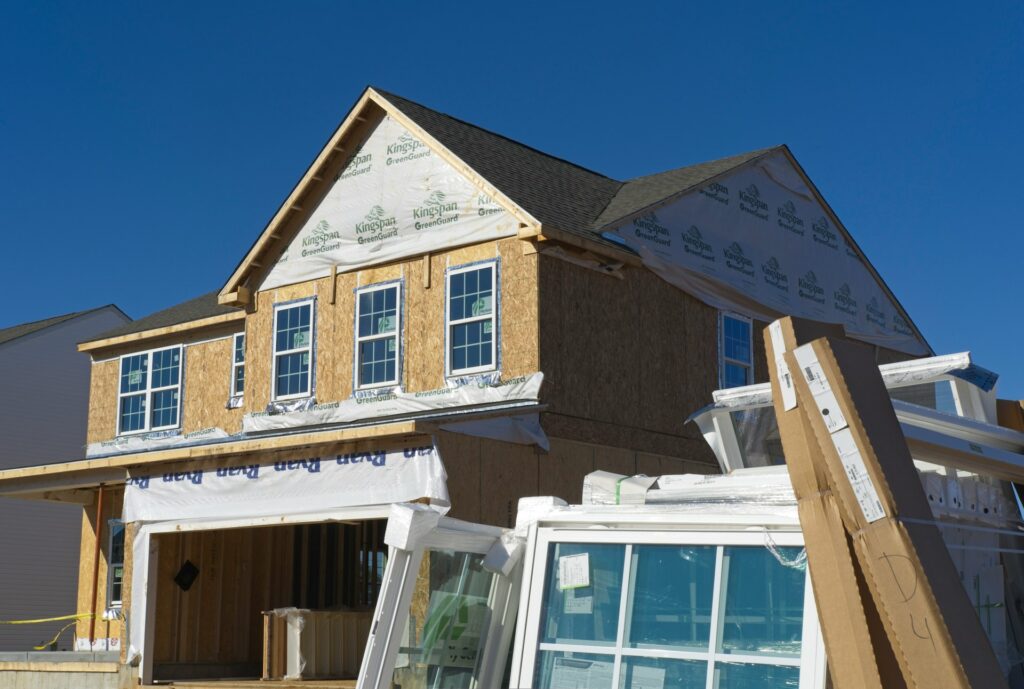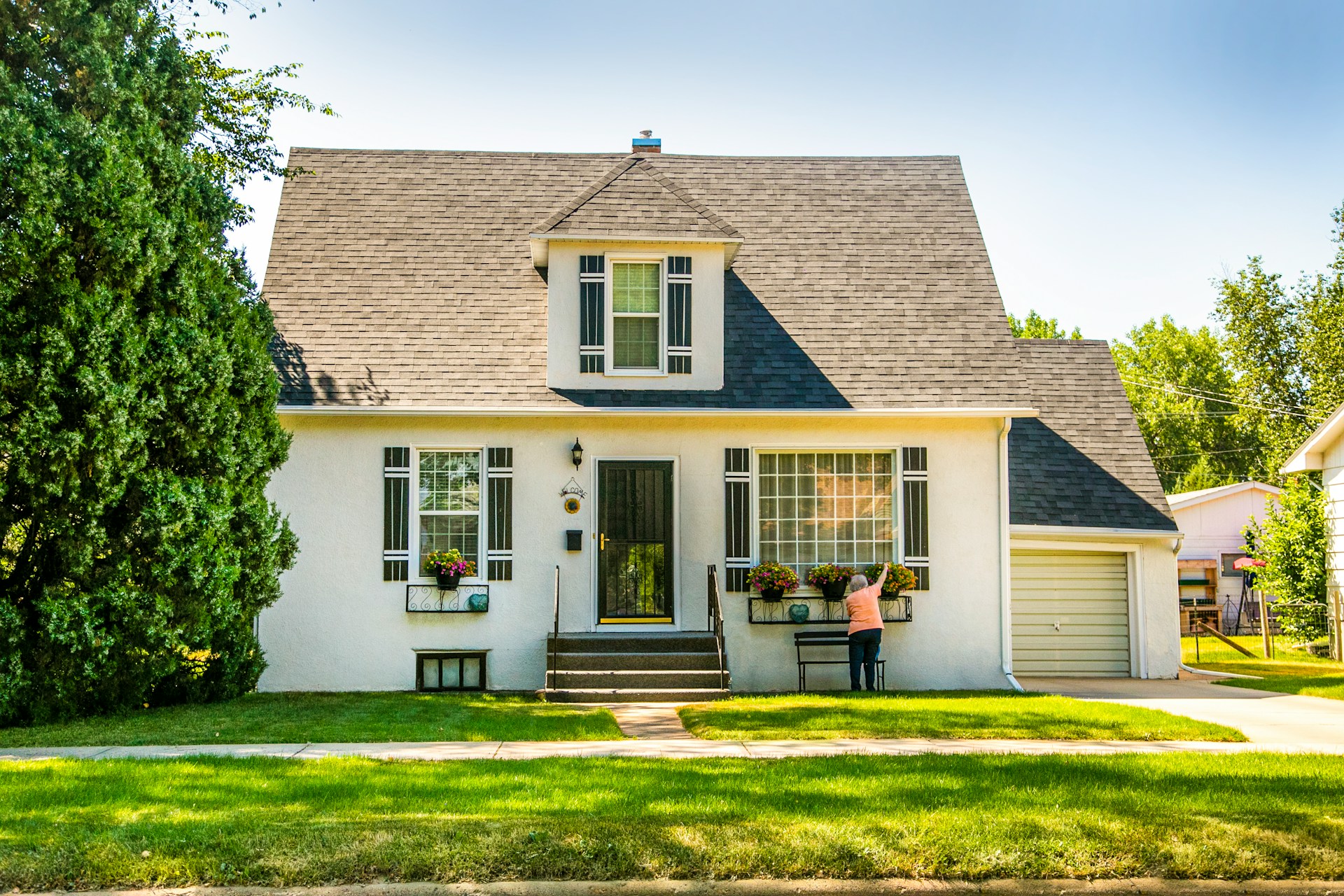The Psychology of Home Ownership: What Makes It Essential?
Many people consider home ownership as essential building blocks which grant both personal accomplishments and financial strength along with long-term assurance.
Beyond its basic value and functional aspects home ownership significantly alters the way we relate to ourselves while improving our mental health and strengthening our place within our environment.
This blog investigates how home ownership impacts our psychology through its essential meaning to our individual lives.
A Sense of Identity and Personal Expression
When people own their homes they express their individual identity through the space.
The ability to own a home enables full freedom to customize and transform space because home owners have unrestricted permissions for modifications which allow personalization of their dwelling identity.
Home owners can freely decide on paint choices and furniture choices and structural layout redesigns so they can design living spaces that match their needs and personality.
Most people assign strong emotional value to residential customization because it reinforces ownership power and identity expression.
When individuals gain the ability to redesign their living areas their self-confidence strengthens and they develop a stronger sense of control over their environment.
People turn ordinary homes into uniquely personalized spaces through activities like wall decorations and yard beautification and home office creation which results in both positive feelings of home ownership alongside increased pride and belonging.
Emotional Security and Stability
According to psychological data home ownership grants maximum emotional protection.
A house delivers both protection from external conditions while creating a safe and steady spiritual foundation for its inhabitants.
The permanent nature of owning creates supportive stability allowing people to maintain calmness and manage their uncertainties better.
Through home ownership families develop an environment which promotes their children’s happiness and success.
According to research findings children raised in homes that are owned tend to achieve better results academically and show better emotional stability.
A stable foundation formed through physical space consistency establishes both routine and predictability patterns which support psychological health.
Moreover, the long-term nature of home ownership fosters a deeper emotional connection to the property.
When homeowners purchase property they create stable roots for themselves and their family as they transform their house into a place where they develop enduring hometown connections throughout the community.
Social Connection and Belonging
The commitment to home ownership creates two essential connections: both to the environment inside your home and to the people living near you in your community.
Home ownership motivates property owners to construct social connections with their neighbors while investing efforts into their local neighborhood communities.
Being part of a community tends to raise feelings of happiness and decrease feelings of loneliness.
Areas marked by higher homeowner rates experience enhanced social unity between their inhabitants. Local homeowners actively engage with community activities as well as support shared community resources and give their time to volunteer programs.
Such involvement consolidates community bonds because residents feel additionally attached to their community areas.
The home acts as both a social hub for guests and their own loved ones which deepens social bonds between neighbors.
Relationships grow stronger because people spend vacations and share meals and simple family time inside their own homes which produces holistic wellness.

Financial Security and Peace of Mind
Professional ownership brings essential emotional benefits to people who became homeowners.
People view home ownership as a long-term financial tool which provides stability while creating personal satisfaction.
When you own a home your money builds wealth since house prices increase and your mortgage payments both work together to create equity.
People who achieve financial security enjoy decreased anxiety stemming from worries about their financial future.
The material aspect of a home generates tranquil emotions while protecting home owners financially during difficult economic times.
Many individuals feel they gain personal power by contributing to their home’s ownership instead of sending monthly checks to mortgage owners.
Leaving behind a home to future generations creates a sense of fulfillment together with purposeful meaning.
Through homeownership people find a way to merge financial power with identity-building as they provide security to benefit the ones they love.
Psychological Freedom and Independence
With home ownership people gain the autonomy to handle their own affairs while they establish their freedom.
So many people treat homeownership as their rite of passage to demonstrate both their personal growth and their fiscal readiness.
When people acquire a home they move from being dependent on others or circumstances to being entirely sufficient on their own.
People who used to live with family members or rent for many years will find this independence especially valuable.
When a place belongs to you it gives you both liberty and pride in ownership.
The elimination of landlord-imposed pet bans and renovation limits transforms homeowners into complete master and controller of their own home use.
When you own your home it gives you an important psychological benefit since you gain control of your environment.
Beneficial control through homeownership creates enhanced life satisfaction while offering accomplished feelings whose origin stems from physical labor combined with financial discipline.
Cultural and Societal Expectations of Homeownership
Home ownership in numerous cultural societies represents an institutionalized standard of acceptance as well as an emblem of societal achievement.
Within American culture the “American Dream” tradition focuses on house ownership because such a property signifies accomplishment and financial sustainability.
Society’s established belief about homeownership creates a strong impact on people’s perception of property ownership significance.
People who cannot obtain homeownership experience feelings of imperfection as well as social disparity issues.
Societies shape of cultural norms shows why individuals need balance their personal targets with community expectations and their Homeownership aspirations need to match their core beliefs.
Conclusion
Homeownership represents more than physical structures when we examine psychology from this perspective.
Homeownership interlocks with identity development along with emotional confidence and social relationships and economic balance.
When you buy a house you create a space that embodies your personality and functions as a refuge both mentally and physically to show your achievement while establishing your autonomy.
The difficulty in obtaining homeownership never outweighs the positive psychological advantages which numerous people consider foundational and rewarding.
Creative housing decisions gain more clarity through emotional analysis of homeownership because individuals better understand their route to life’s stability and resources and emotional accomplishments.
Also read: Megacities: The Rise and Challenges of Urban Growth

